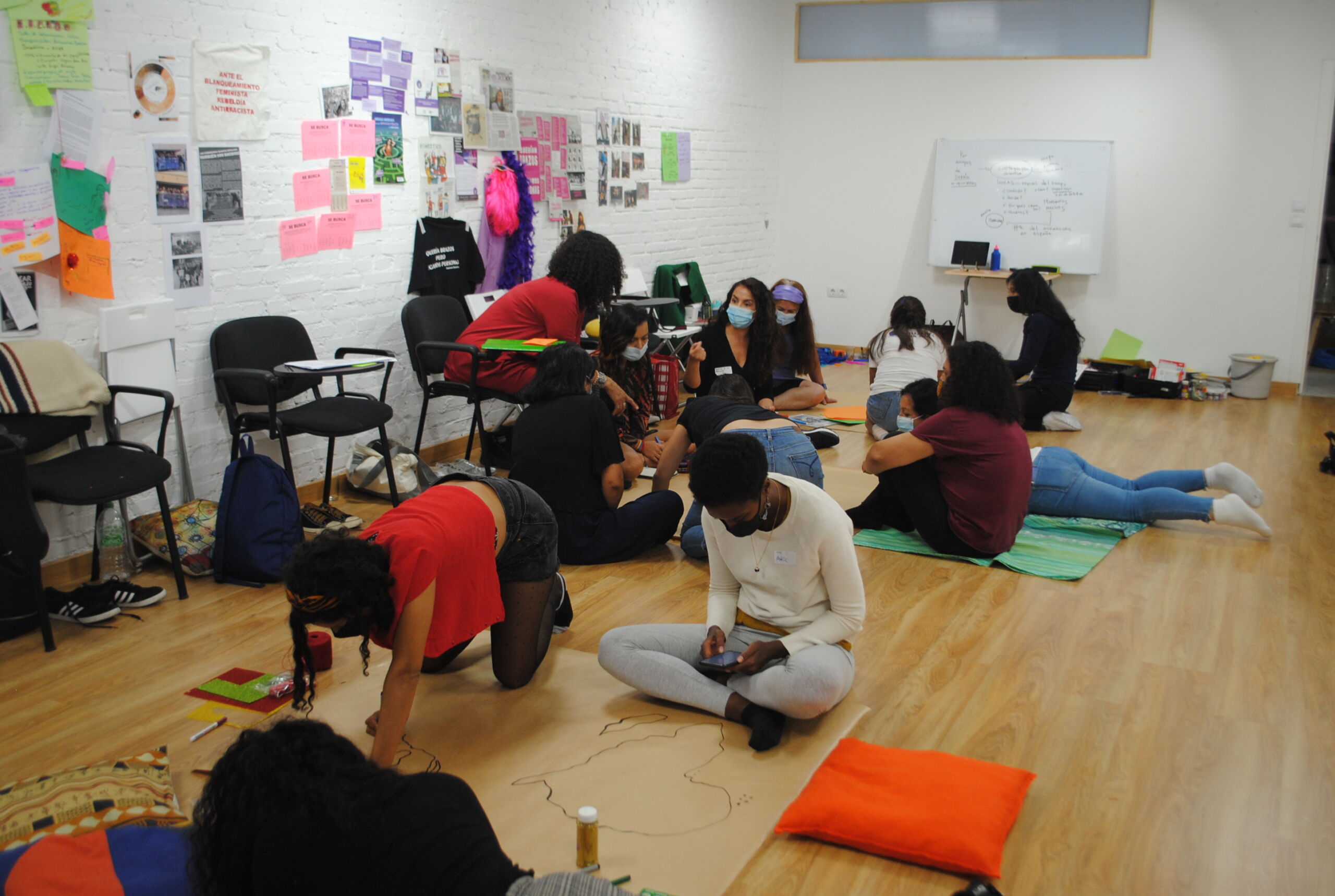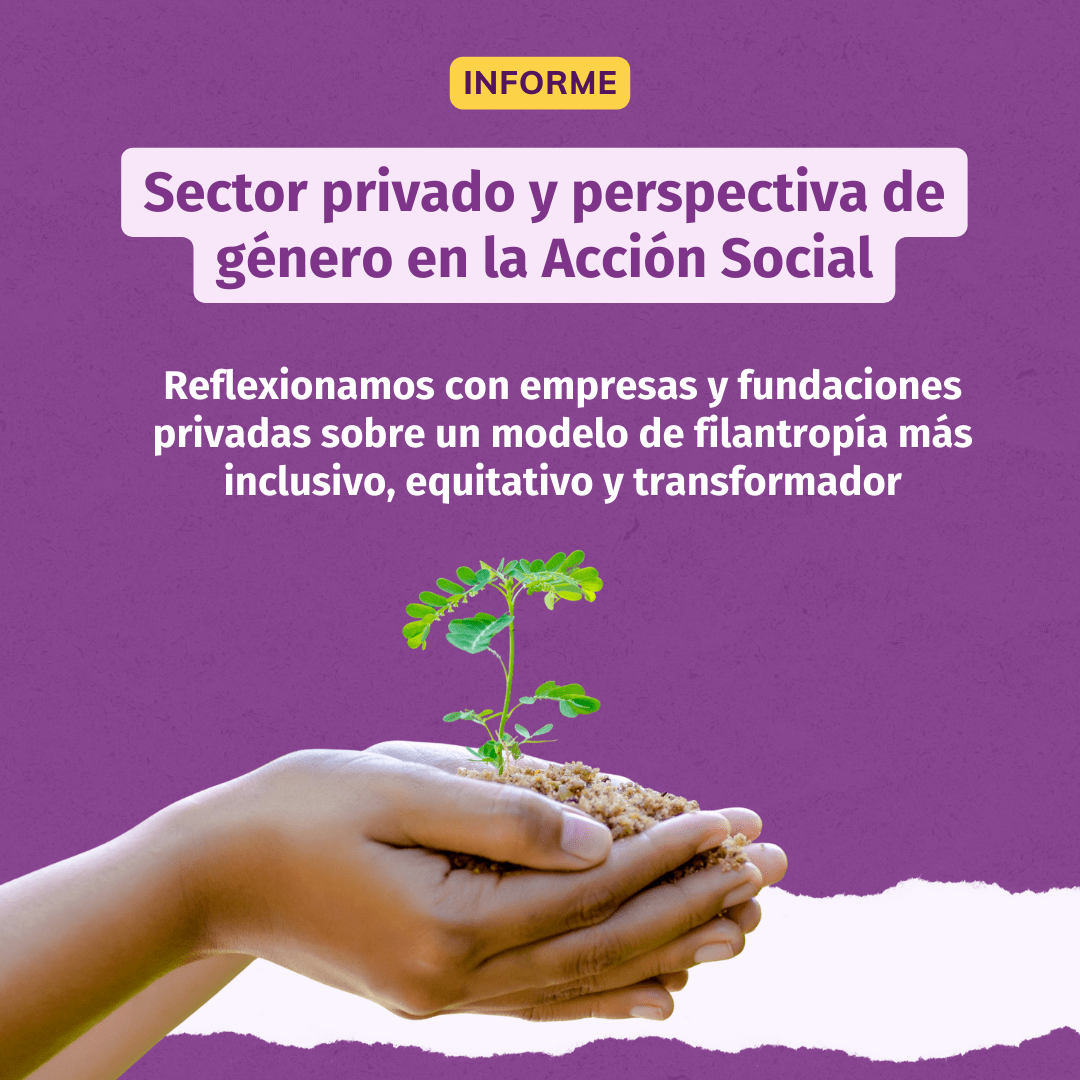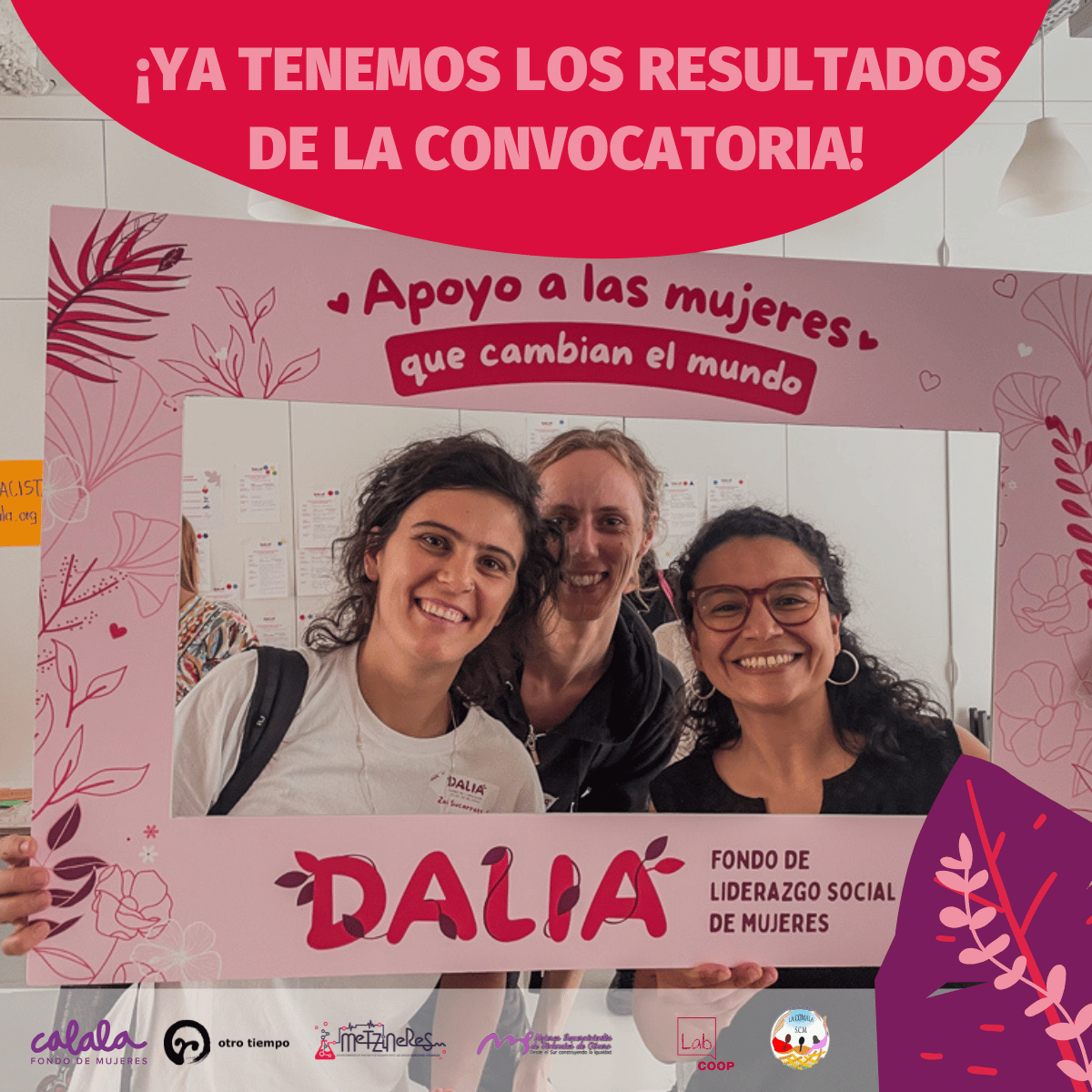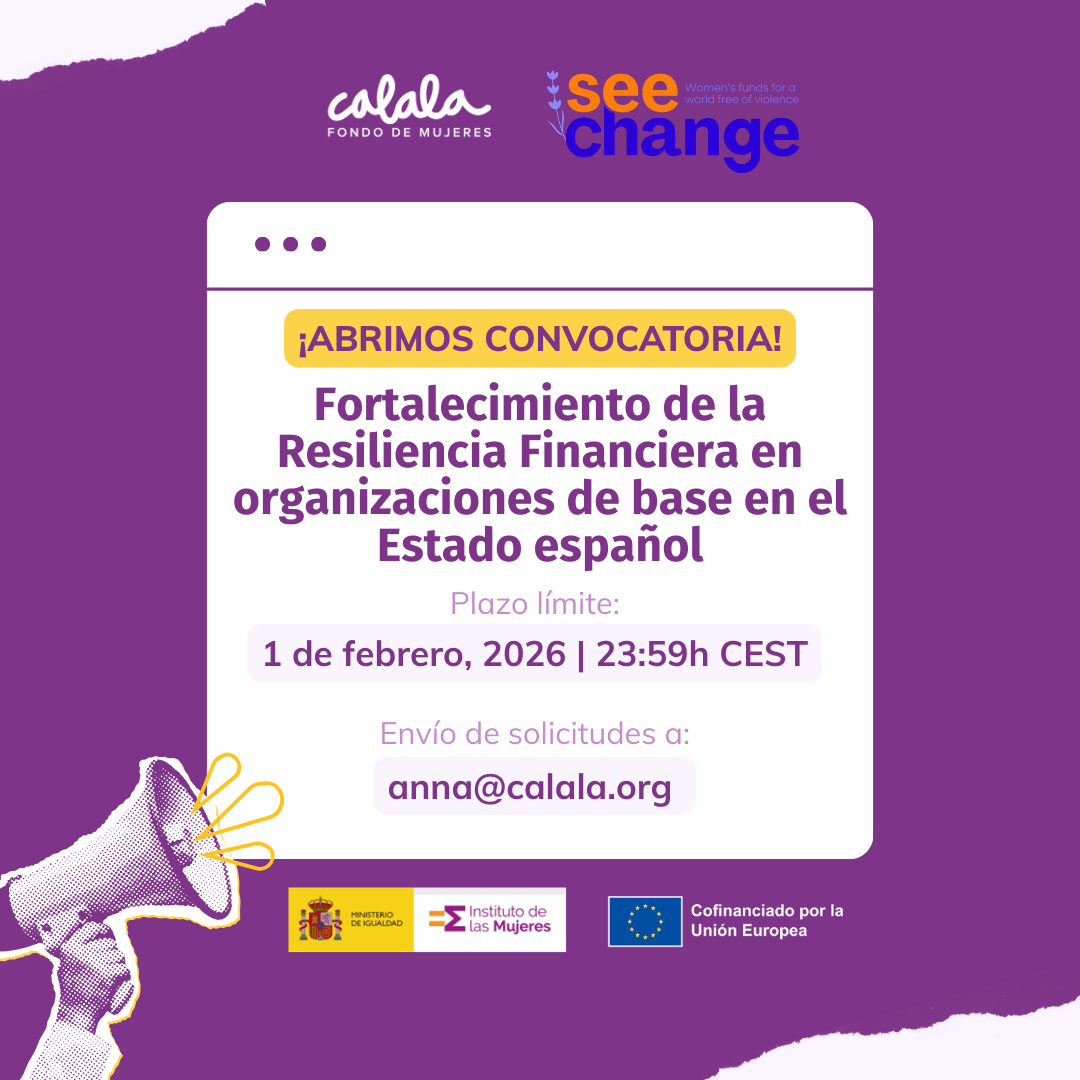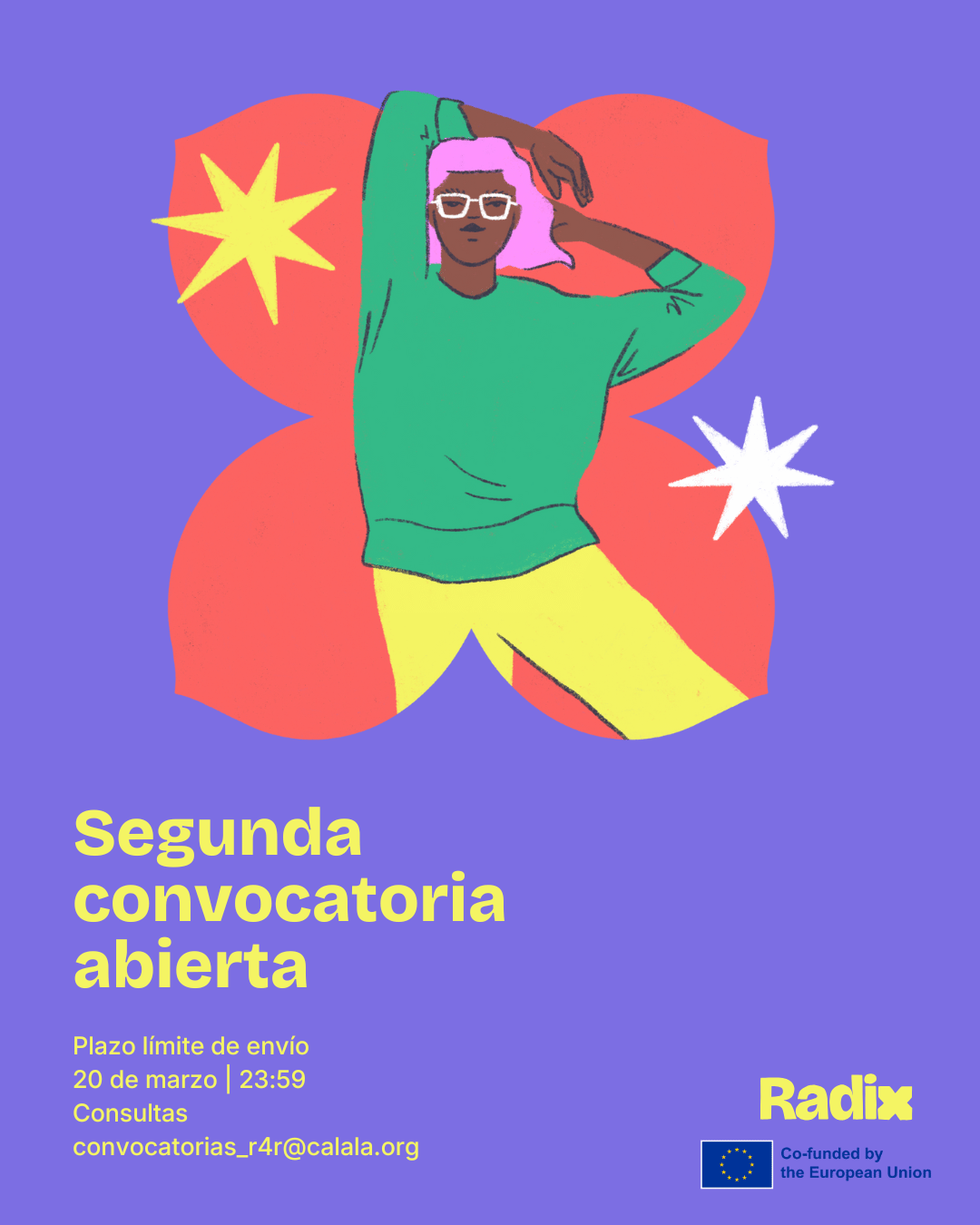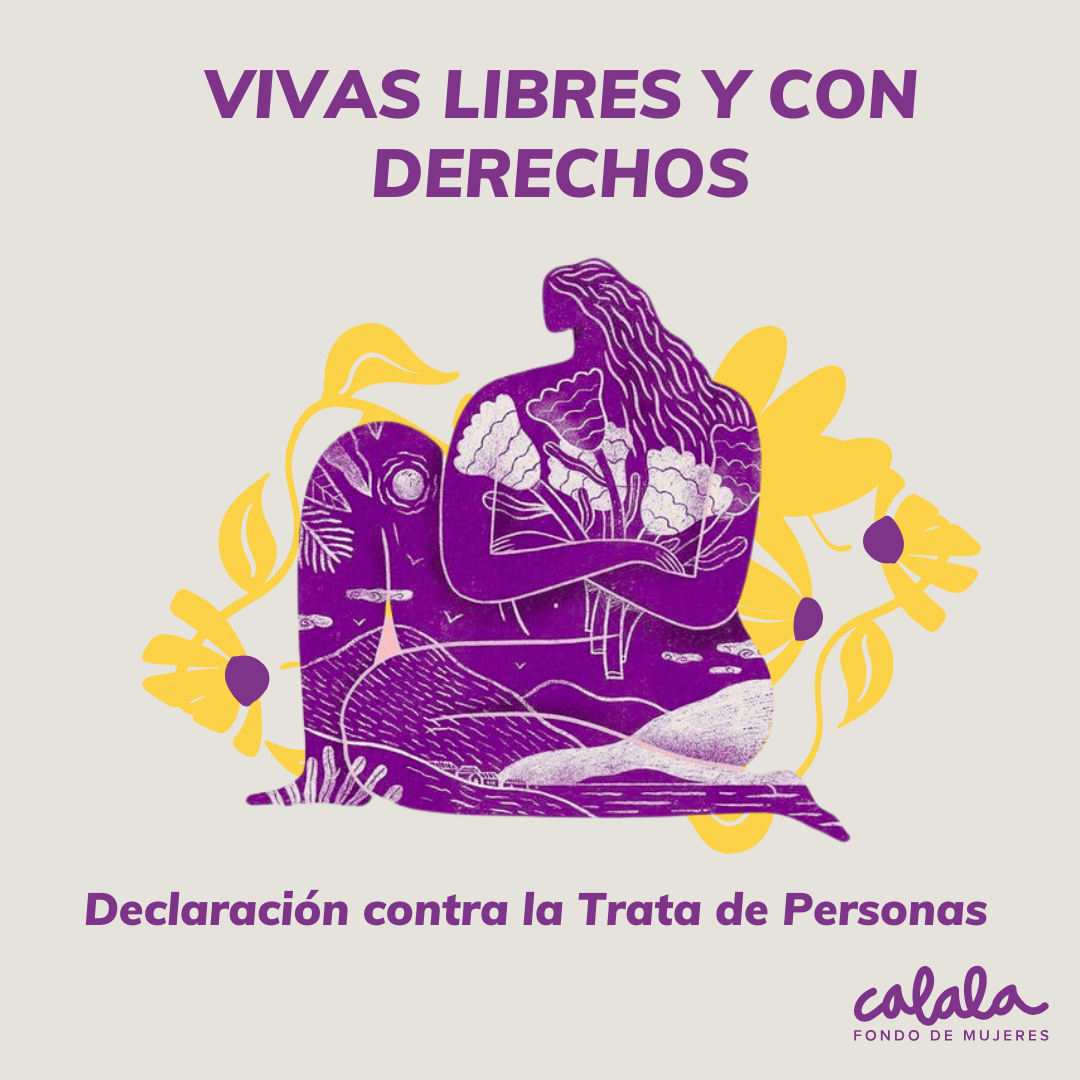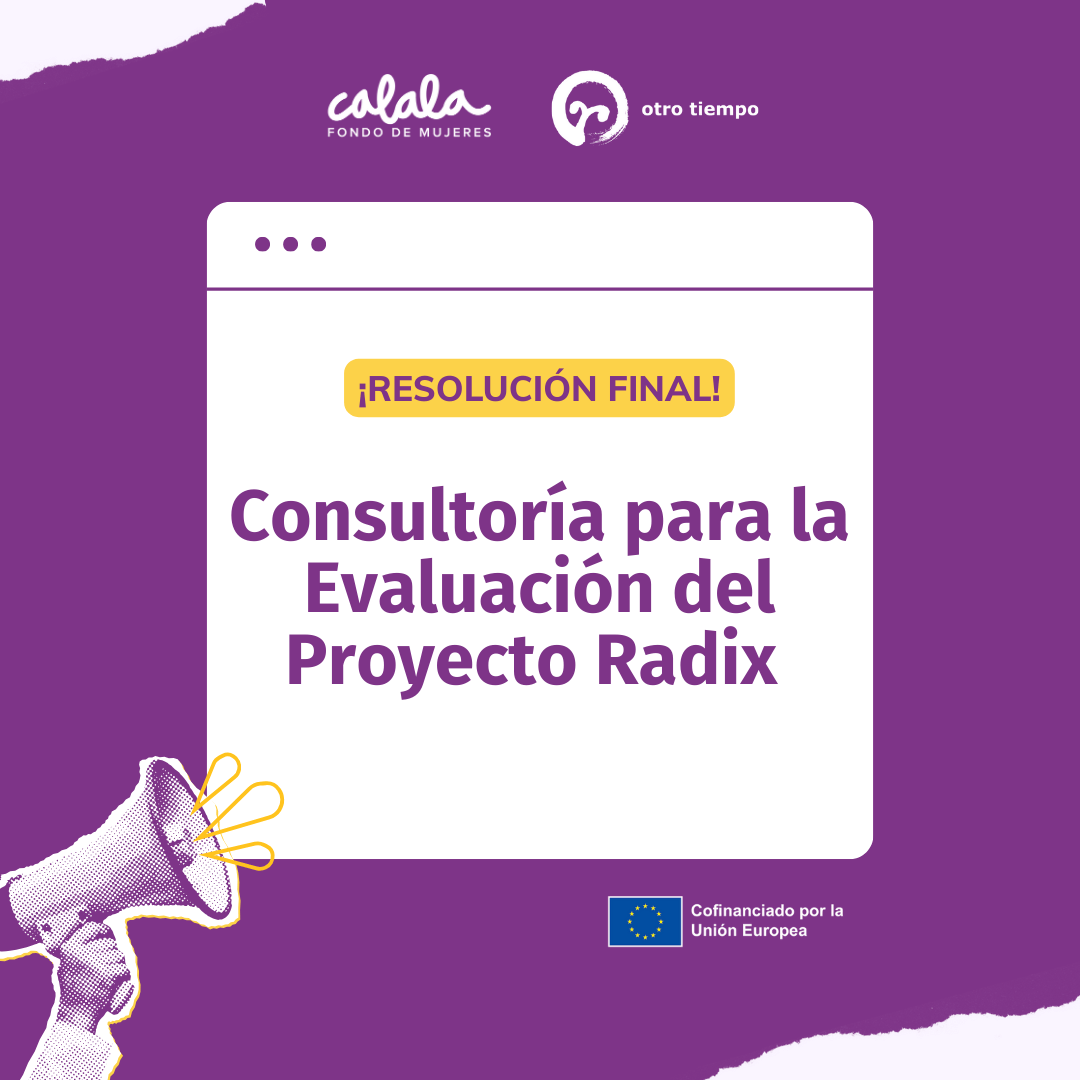The hitherto untold story of feminist anti-racist migrant activism in Spain was one of the objectives set in 2020 by the movement of racialised migrant women, represented by the Círculo de Saberes of the MigraRebeldía network that advises Calala's Migrant Justice Programme.
Thus, in 2021, Calala Women’s Fund launched the construction of the first genealogy of the movement of migrant and racialised women in Spain. The research has been defined as a milestone by members of the movement, who also saw the genealogy as the starting point for further reflection, research, systematisation and advocacy in an intergenerational process.
The construction of the genealogy was led by the researcher Jeannette Tineo -part of the movement, who convened 89 racialised migrant women, belonging to collectives rooted in 16 autonomous communities in Spain. to be the protagonists of the process.
In terms of the geographical origins of the participants, those from Latin America and the Caribbean stand out with more than 70% of the participants (86% from Latin American countries and 14% from the Spanish-speaking Caribbean). The leading countries were, in order of number of participants, Ecuador, Colombia, Peru, Nicaragua, Guatemala, Bolivia, Dominican Republic, Venezuela, Mexico, Chile, Argentina, Cuba, Equatorial Guinea and Cape Verde.
Most of the participants were then between 31 and 50 years of age.. The 90 % women were identified cis with a reduced participation of trans and non-binary people. In terms of sex-affective orientation, it is worth noting that the following were carried out 7 interviews with racialised migrant women positioned as lesbian, bisexual or queer.
In terms of the racial affiliations of the participants, most are identified within the brown, dark or mixed-race categories. To a lesser extent, women who defined themselves as white, Afro-descendant or indigenous participated. This question was a matter of profound debate in the course of the genealogy and requires different types of in-depth analysis depending on the type of collective consulted.
With regard to the scope of action of the mapped associations, those working in the following areas are particularly noteworthy areas of advocacy with the State (70), those linked to the field of psychosocial intervention (46) direct support to the migrant community, as well as those that are oriented towards the art (19) and to a lesser extent those linked to the academy (5). Organisations working in the field of women's rights were rarely found. sexual and gender-based dissidence (5) and by the sex workers' rights (5). In all cases, coalition work and communication or social networks were highlighted as cross-cutting themes for action.
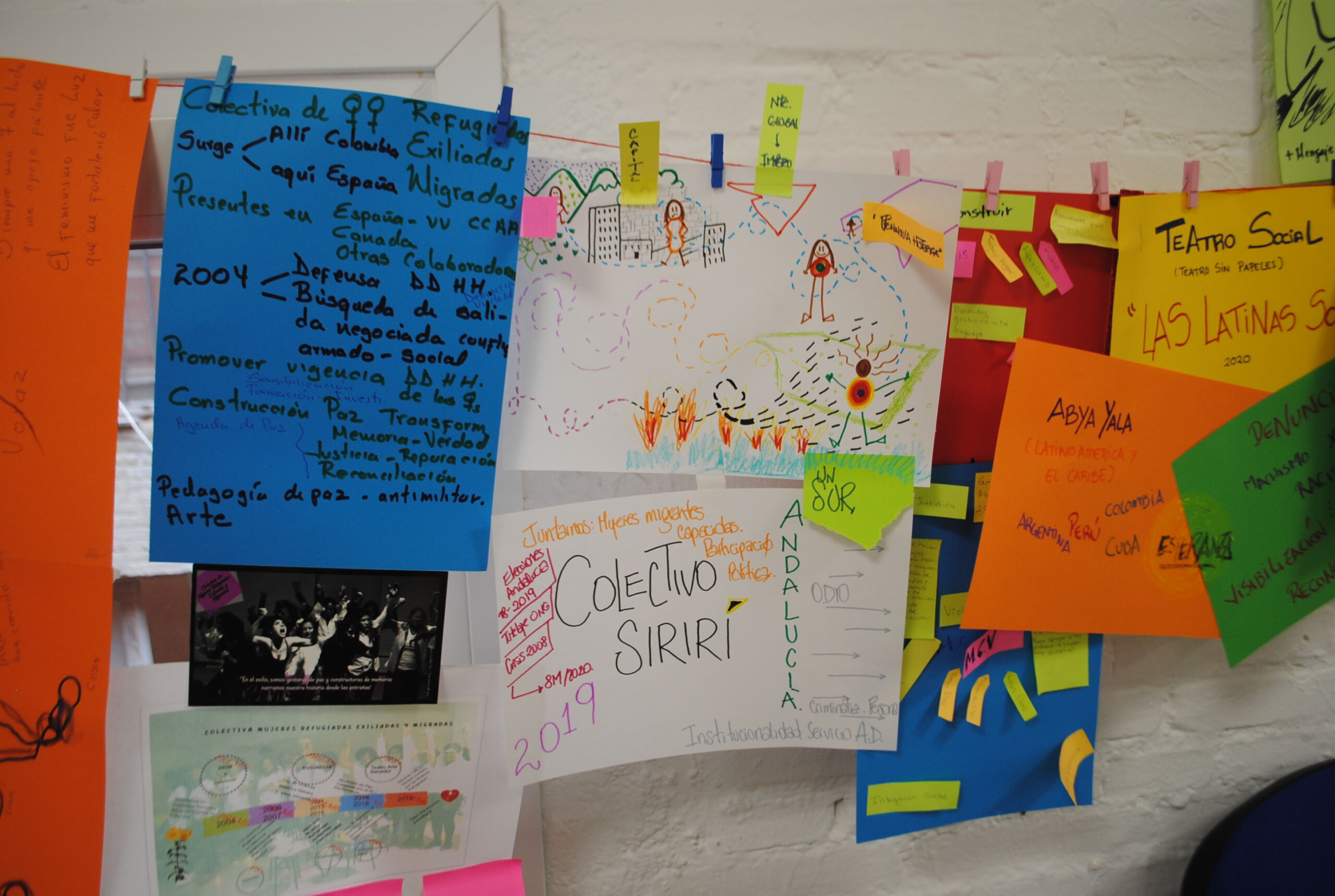
The genealogy sought to account for the roots of the feminist anti-racist movement from the transformative political stakes made by racialised migrant women in Spain since the 1980s. In this way, the research interweaves the contemporary history of a movement that has been active since the very moment of colonisation, “in a continuous thread of re-existence in (dis)territory”.”, as stated by the author.
The research was conducted between March and December 2021, in a context marked by the COVID pandemic, with individual and group conversations. Methodologically, the collective construction focused on the visibility of migrant and racialised women's narratives, because their knowledge was and continues to be narrated in the third person by hegemonic voices.
By the end of 2021, the process of creating the “Ilê Ayé: Fugas en la Pacha, Narrativas Genealógicas. Feminismos antirracistas migrantes en el Estado Español 1980-2020”.”. The movement now has a unique record of its own journey, a solid basis on which to establish common short- and long-term priorities. The enormous amount of information produced showed the great potential of this tool for building the movement's political agenda.
From then on, in 2023 the MigraRebeldía Knowledge Circle began work on the analysis and creation of a communication strategy and lines of collective construction of knowledge. This process was accompanied by the Calala team and by communication specialist Hilda Pérez, also part of the movement, who facilitated the creation of the strategy and the definition of elements.
The Círculo de Saberes defined a strategy to publicly position the migrant women's movement in Spain, which is feminist, anti-racist, anti-colonial and in favour of sexual diversity. The first campaign, launched in October, seeks to give an account of the temporalities, milestones, practices and politicised identities of the movement, as well as its historical positioning in contemporary advocacy agendas and transformative collective actions.
To this end, the Círculo de Saberes has prioritised the sharing of knowledge in a way that is useful for everyone in the movement, for which it has proposed a series of audiovisual products, infographics, audios and other materials, accessible to the groups they work with through social networks and their own digital platforms - considering their different approaches, agendas and territorialities - in order to activate more reflections, dialogues and common debates within the multiple networks that make up the movement and seeking dialogue with the entire population.
View this post on Instagram
Here you can read the article “Racism is confronted collectively”published in the magazine Mujeres a seguir
View this post on Instagram
View this post on Instagram
Here you can read the article “Allied and steadfast in tackling violence”published in La Marea.
Here you can read the article “Community care for carers”published in Ethic magazine
The Círculo de Saberes de la Red MigraRebeldía is made up of:
- Artemisa Migrants and Refugees
- ACCOES Casa de Colombia
- Migration and Anti-Racism Commission
- Zaragoza Association of Domestic Workers
- Association Kellys Union Catalonia
- Women with a Voice Association
- Women's Association Voices and Resistance
- Association t.i.c.c.t.a.c.
- Migrant Witches Collective
- Sirirí Collective: Migrant Women Creating
- Refugee, Exiled and Migrant Women's Collective
- Migration, Gender and Development Network
- Tekoporâ Platform
- Among the individuals and collectives that participated in the construction of the genealogy are also:
- Afrogalegas (Artemisa Semedo)
- Abya Yala Students' Association (Triksia Salvador Meza)
- Human Mobility Association
- Women's Association of Guatemala AMG
- Refugee, Exiled and Migrant Women's Collective
- Transgressive Migrants
- Dissident Migrant Resistance (Salomé Carvajal-Ruiz)
